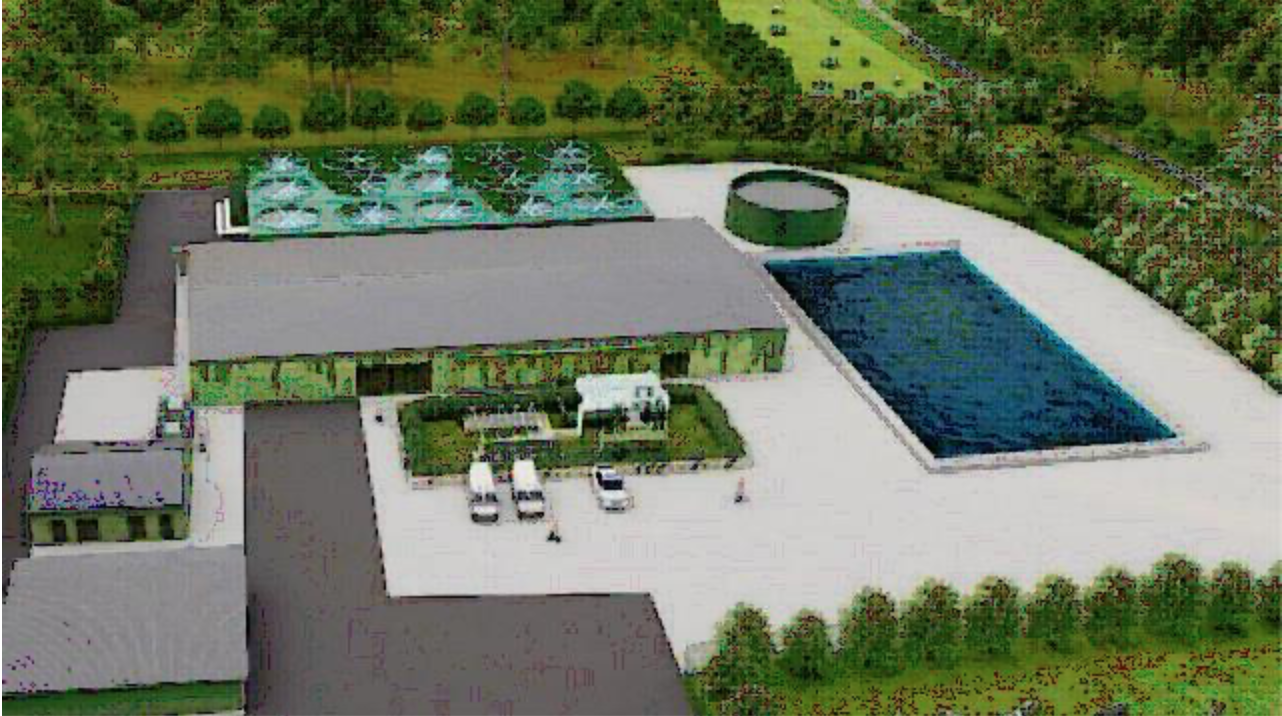In densely populated countries, getting “sign-on” for projects that have some surface impact is challenging, even if the project is green, relatively low-rise, and so on. The article below cites the important issue as “preserving rural character”. The Wytch Farm oil field near Portsmouth, UK, had to be designed so that nothing stood taller than the surrounding pine forest, and an injunction against offshore drilling in the Bay meant that BP had to develop long-reach drilling from “hidden” on-shore drilling sites. For some time, these were the farthest reaching boreholes in the industry, and no one regrets developing the technology.
These are always challenging issues when it comes to projects, in this case a geothermal power project proposed using deep drill holes and formation stimulation, but with a “low-rise” surface infrastructure.
Meeting all concerns of all stakeholders is never possible, but in all the project cases I have been involved with, the most important lesson is summarized in a few dos and don’ts:
Do
Be early in including stakeholders in the discussions
Be inclusive
Be transparent, including with technical data that is not strategic
Be honest, admitting the existence of uncertainty
Be willing to listen
Be clear that no-one will get 100% of what they would ideally like
Be willing to make some compromises
Avoid
Hyperbole
Dubious or questionable claims about employment and fiscal benefits
Hiding behind “confidentiality”, “secretive processes”, and “privacy protection” screens
Paternalistic or condescending behavior
Geothermal Engineering Limited claims the plant will be able to produce enough green energy for 9,000 homes (Artists's impression)
Image Source GEL
A new geothermal power plant that could heat thousands of homes has been given the go-ahead despite fears it will ruin the rural landscape.
Cornwall Council's planning committee approved the scheme for two deep wells and a power plant in Wendron, near Helston.
Geothermal Engineering Limited (GEL) claims it can produce enough green energy for 9,000 homes.
But some people say it will destroy the beauty and tranquillity of the area.
The local parish council said the plant would industrialise the countryside (Artists's impression)
Image Source GEL
Wendron Parish Council objected to the scheme, saying it was "unsuitable" for the open farmland and would have "minimal" benefits for local people.
It said: "It is strongly believed that this development will industrialise our countryside."
GEL said it had listened to local concerns and reduced the height and size of the power plant building, making it look more like a barn, said the Local Democracy Reporting Service.
The firm also said it had carried out extensive consultation and environmental studies on its plans, which are part of a wider geothermal energy project in Cornwall.
Local councillor Loveday Jenkin said she was torn between supporting renewable energy and protecting rural character.
She said: "I understand both sides of this argument. It is a difficult decision."
The council's planning officers recommended approval of the scheme, saying it would help Cornwall meet its climate change targets and create jobs.
Follow BBC News South West on Twitter, Facebook and Instagram. Send your story ideas to spotlight@bbc.co.uk.


